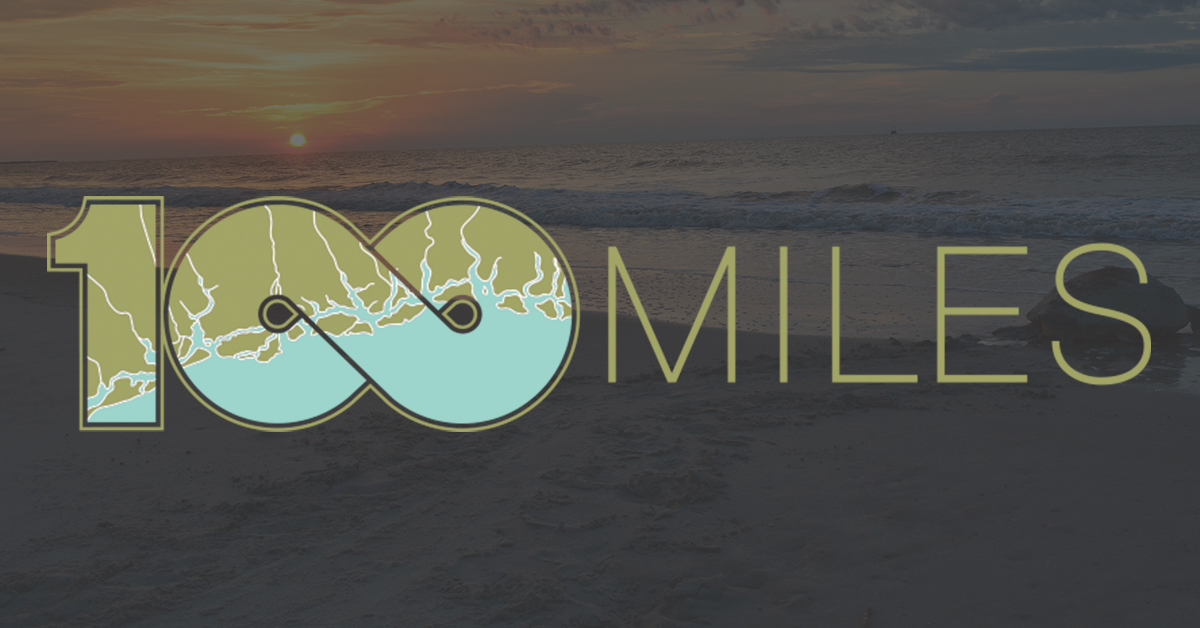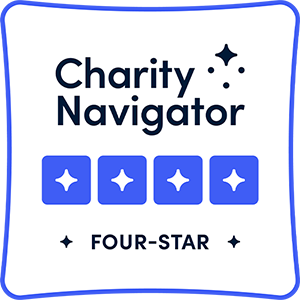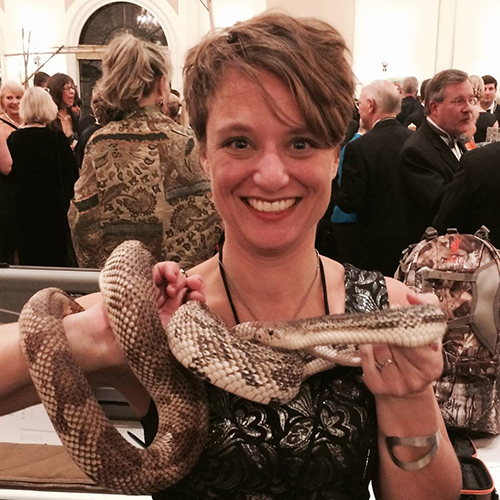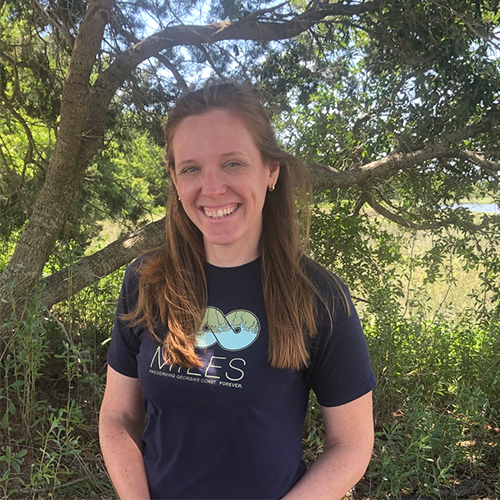Leadership
I’ve been spending a lot of time in Atlanta lately. Being at the Capitol is funny. At the beginning of each session, my hopefulness and optimism overflow. But, we’re only in our third full week, and already my well is starting to run dry.
The legislative process is chaotic. Just like all of us, on January 1 of any given year, a legislator has high hopes for the upcoming year and sets aggressive goals. When a Senator or Representative talks to me in December, like me, he is excited about the prospects of another session. But as soon as his feet hit the marble floor a few weeks later, the overwhelming pace takes over. He is inundated with requests and information about a myriad of issues—topics on which he may be an expert or about which he may know nothing. Reality sets in regarding the magnitude of work that must be done in only 40 days and his original intentions are often set aside for more practical outcomes.
Forty days is not enough time to solve—or even make a dent in—our state’s very serious problems. And the short time period contributes to a flawed process, which makes serving in public office difficult. But, while we all can call to mind someone whose service seems more to be for him/herself rather than the voters, I strongly believe that most people run for office for the right reasons. It’s just that when you start getting overwhelmed by requests, complaints, ideas, and accusations from members of the public, it’s hard not to put up a wall.
This leads me to contemplate the concept of “leadership.”
Perhaps we assign too much responsibility to our elected “leaders.” Leadership is doing what is hard because it is right. Leaders are expected to pay attention to those whom they represent and prioritize their needs, and to go the extra mile to ensure the safety and well-being of their constituents. But aren’t we setting up for failure the few people in our communities who are elected if we expect them to be our only leaders?
It’s time for all of us to commit to solving community problems – through our own innovation, creativity, and commitment – rather than waiting for someone we elect to office to do so.
Throughout my seven years at OHM and my more than 20 years working in advocacy, I have observed that most leaders never run for office. They work within their communities to make a difference. They pick up trash, plant trees and pull weeds, protect sea turtle and shorebird nests, stuff envelopes, lick stamps, shuttle people to important meetings, and most importantly, they connect with their neighbors and inspire others to get involved. We need elected officials to serve, but we need these local leaders on the ground even more.
Leadership at any level isn’t easy. Sometimes it can feel lonely, and you have to make the choice to take action. That’s why on March 7, we will once again hold our Coastal Conservation in Action: Choosing to Lead conference on Jekyll Island. We design this conference to inspire citizen leaders of all ages, interests, and backgrounds so that participants can learn from and build relationships with others who share their own hopes and optimism.
Just as leadership isn’t one size fits all, this isn’t a conference for any one field or group of people. Our attendees are just as likely to be neighborhood volunteers or concerned citizens as they are professional advocates. We have writers and artists, students and educators, business leaders, volunteers, and everyone in between. Our only requirement? A passion for our coast and a willingness to make a difference.
I’m not exaggerating when I say it’s my favorite day of the year. This will be our fourth annual event, and once again, we’ve assembled a slate of talented workshop leaders from across the country to help you gain new skills and tools to put your ideas into action.
I hope to see you on March 7th—bring a friend, or two!
See you soon,
Megan











